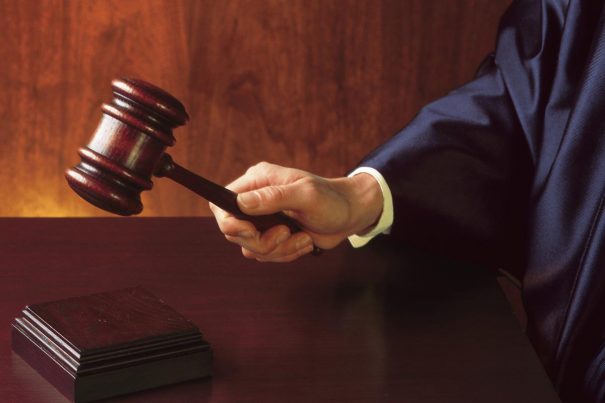
Professor calls for ‘hate crime registry’ where the guilty would be banned from ‘certain’ professions
Monday, February 27, 2017 by Thomas Dishaw
http://www.libtards.news/2017-02-27-professor-calls-for-hate-crime-registry-where-the-guilty-would-be-banned-from-certain-professions.html

Thom Brooks, Head of Durham Univerity Law School in the UK, is urging the Commons Home Affairs Committee to create a “Hate Crimes Offender” registry.
Brooks believes that due to “increasing concerns” about hate crimes people found guilty of committing these crimes should be put on an official register similar to that of a sex offenders registry. Restrictions will also be placed on what jobs people who are on the list are allowed to do. He explains, “Anyone on a Hate Crime Offenders Register could be restricted from working with children and/or working in certain professions. This seems sensible, mirrors current policies in place and would help send a clearer signal of how serious these offenses are.”
This story comes on the heels of California Assemblyman Raul Bocanegra putting forward a similar bill before the California Legislative Session this year. Much like Brooks’ proposal, this bill, if passed, would require the names of people convicted of hate violence, and their crimes, to be made public via a California Hate Crimes Registry. The Department of Justice would operate the registry and maintain a database of people convicted of crimes against others that were based on race, religion, gender, ethnicity, handicap, or sexual orientation. (RELATED: Get all the news Google is trying to hide from you at Censored.news)
Where do we even begin with the problems with these bills? Since its inception into the English lexicon, the implications of “hate crime” have been riddled with controversy. Some argue they are unnecessary since every crime they cover is already illegal under existing state and local laws. By granting special consideration to victims of hate crimes it denies equal protection under the law because perpetrators of two identical crimes would receive different sentences, depending upon some characteristic of the victim. Not to mention there is such ambiguity on what can be considered a hate crime that almost any infraction against someone who is viewed as a minority could be seen as a hate crime.
Hate crime laws are also discriminatory and work the opposite for white people. Most offenders convicted of hate crimes are white, however, if a crime against a white person is racially motivated the perpetrator likely will not get charged with a hate crime because white people are not viewed as marginalized citizens. We saw this play out as hundreds of Trump supporters had their properties vandalized and were even assaulted. And yet the people who committed these crimes, when any action was actually taken to find them, were not charged with hate crimes if charged at all.
Both Brooks and Bocanegra point out recent “increases” in the rates of hate crime, but neither acknowledge the increase of people that falsely report these crimes. In the U.S. we have seen a surge in hate crime hoaxes across the country. And what happens to the people that make false accusations? Nothing. If anything there should be a database for the people that lie about these crimes, those are the ones we should be afraid of.
Bills like this set the stage to have us all put on some kind of list. And once you get on one they are designed so that you can never really get off.
Sources:
Tagged Under: Tags: hate crimes, laws, racism





